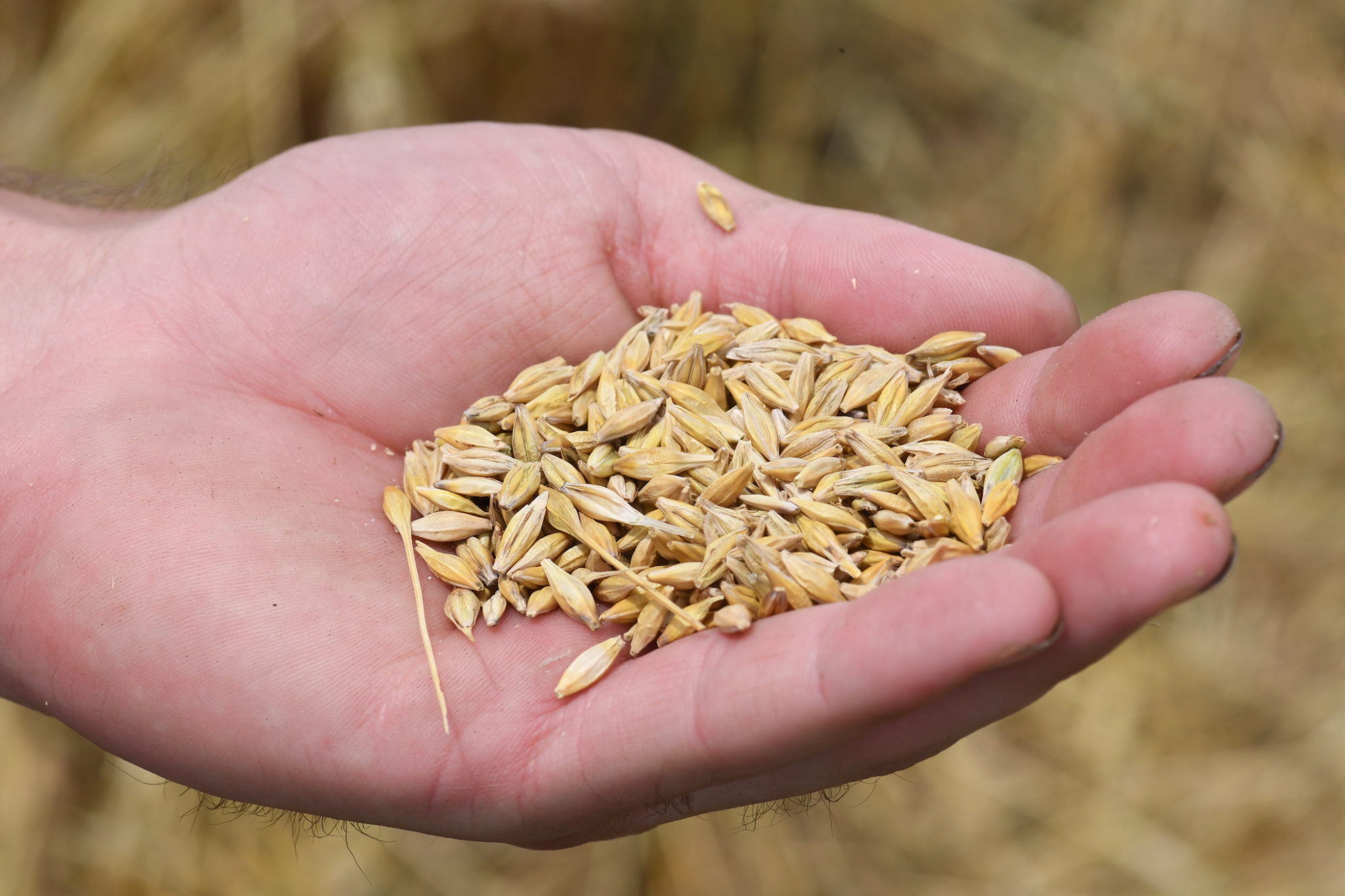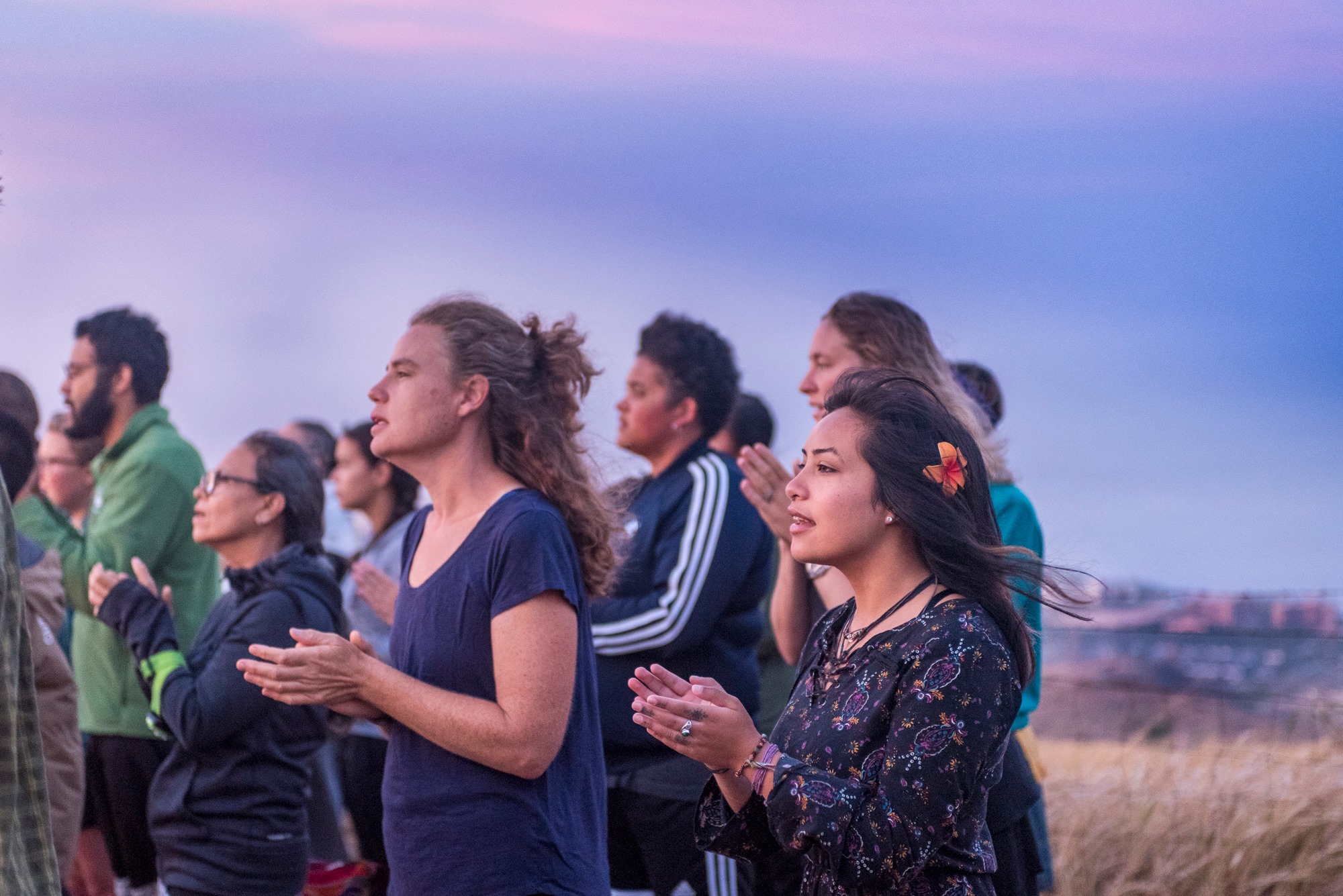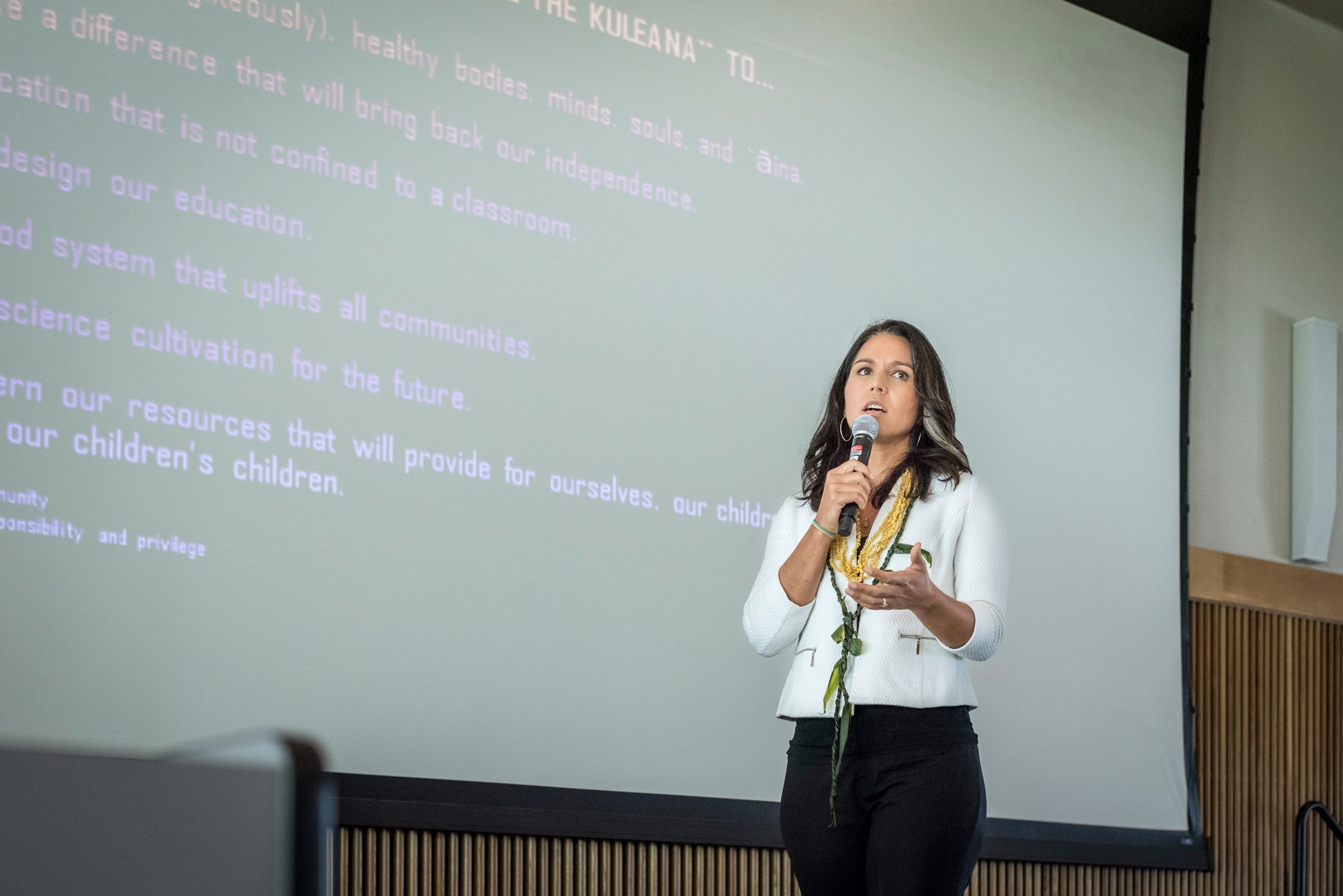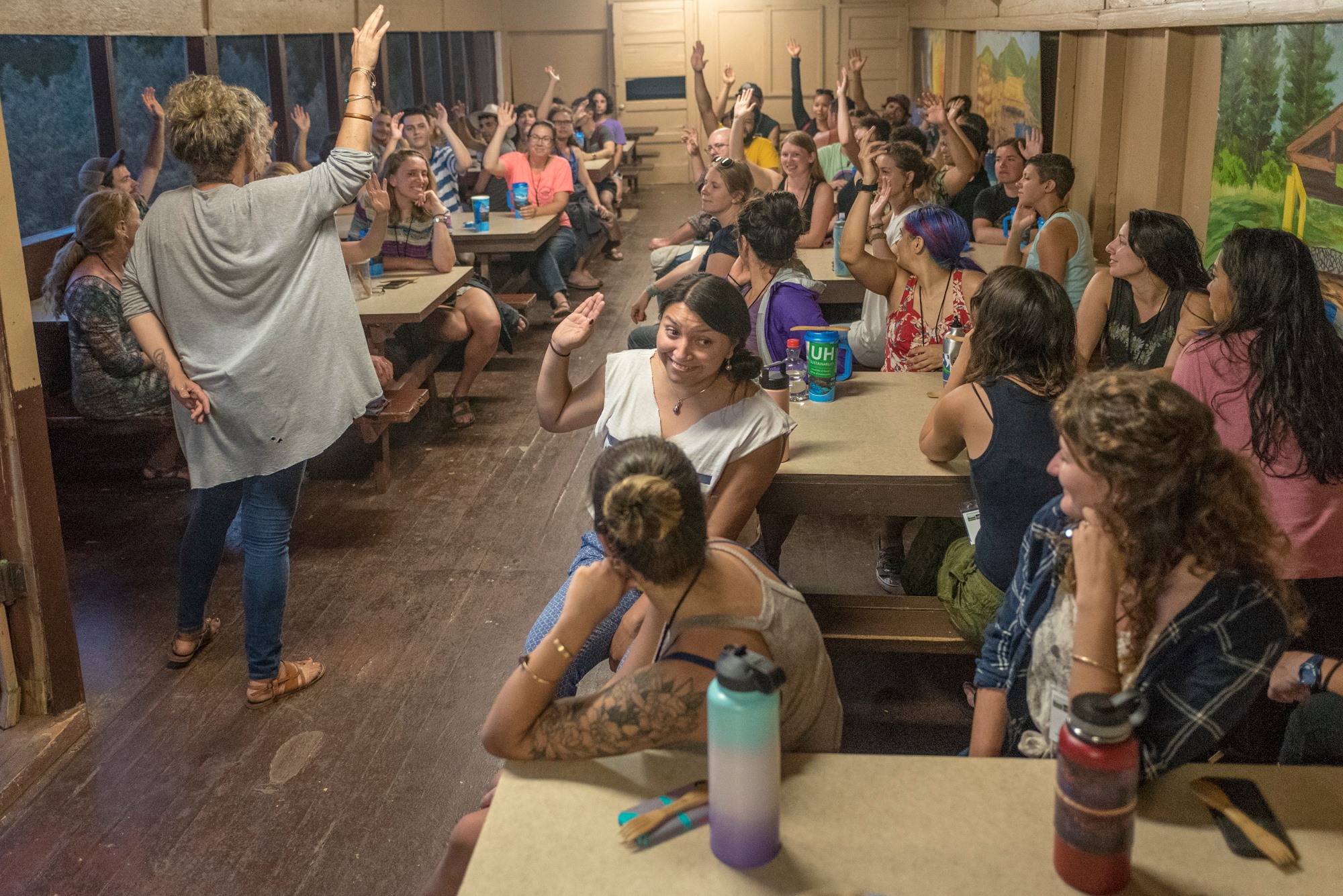What equity means to SAEA
The Sustainable Agriculture Education Association (SAEA) affirms, above all, that food systems sustainability requires the realization of equity and justice. It works to support the principles of equality, dignity, and fairness rooted in the Universal Declaration of Human Rights of the United Nations. We share these values with the Inter-Institutional Network for Food, Agriculture, and Sustainability (INFAS) network, whose Statement on Equity in the Food System many of our members helped compose. The INFAS statement recognizes the environmental, social, and economic dimensions of sustainability. It places an explicit focus on dismantling structural racism in food systems, and on challenging the multiple forms of oppression — class, race, gender, nationality, among others — that serve as interrelated barriers to equity.
As an organization whose mission is grounded in higher education, SAEA acknowledges and endorses teaching and learning as a vital means to overcoming systems of oppression. Principles and practices that SAEA promotes include:
Actively confronting racism and patriarchy in teaching, research, and the design of educational programs and institutions.
We believe there is no such thing as passive anti-racism. Educators must be proactive in dismantling racism and patriarchy and its consequences for our agricultural and food systems. We also believe that educators must work to acknowledge the ever-present legacy of colonization, assimilation, and genocide of Indigenous nations; African-American slavery in building agrarian economies; and the exploitation of women (particularly, women of color) in growing food, feeding families, and sustaining labor across food systems.


SAEA affirms such traditions both for their intrinsic value and for what they can teach industrialized society about reviving non-individualistic norms, communal customs, and sharing of land, water, and seeds. As an organization, we stand in solidarity with Indigenous peoples, and promote critical pedagogy to expand understanding of the social, agro-ecological, and political-economic challenges Indigenous communities face. We also recognize, prima facie, the sovereignty of Indigenous and First Nation peoples over their lands and food systems.
Impressing that “sustainability” is not new, as Indigenous peoples have long described and practiced sustainable ways of living and being with the Earth, with one another, and across cultural, spiritual, and biological realms.
De-centering western science and whiteness in the teaching, learning, and practice of sustainable agriculture and food systems education.
Without diminishing the empirical and analytic traditions of western science, we de-center its primacy in order to make space for other perspectives and ways of knowing. This includes (but is not limited to) advancing pedagogical practices that explore the history and traditions of Indigenous peoples, creating courses and curricula that integrate de-colonizing food systems theory and practice, and developing conferences that intentionally bring together scientists/academics, farmers, farm- and food workers, and Indigenous peoples from the host location.


Encouraging dialogue and co-learning about values, ethics, and worldviews.
Recognizing that human and non-human values are implicit in all conceptions of alternative food and agricultural systems, the SAEA endorses both formal and informal study of ethics and philosophy. These may run the gamut from studies of Western moral philosophy to traditional ecological knowledge, from engagements with the values of neoliberalism to those of heterodox economic thought. SAEA encourages the creation of courses and program curricula that spark students’ imaginations, engage them in systematic – and systemic – examination of values and decision-making related to food, agriculture, the environment, human rights, and the status of non-human life. We encourage faculty and university programs to train students to analyze and deliberate upon the relevance and applicability of a range of ethical positions to contemporary issues in food, agriculture and the environment..
Advancing equity in the structure, composition, and decision-making power of SAEA.
We recognize that de-centering western science and whiteness/light-skinned privilege will require regular reassessment of our organization’s membership and leadership (that is, the steering committee). Specifically, we look to include educators representing people of color, youth, women, and economically disadvantaged communities in our membership and governance committees. We also strive for diversity in age, gender and sexuality (including LGBTQ), level of education, and geographical and cultural backgrounds. As representation is not just about demographics but about whose voice is heard, whose face is seen, and whose ideas are deemed legitimate. We strive for radical equity amongst those empowered to take action and make change within and through the SAEA organization.
Educating for radical equity.
Recognizing different ways of being (ontology) as valid, and positioning diverse ways of knowing (epistemology) as legitimate requires patience, humility, and iteration over time. The process will not always be smooth and there are certain to be conflicts and contradictions, even among like-minded groups. We believe this learning process to be fundamental to SAEA’s mission, and are prepared to support this equity work in our own organization and at the member level through a wide variety of SAEA activities. These include (but are not limited to) our biannual conferences, our curriculum library, and our professional development workshops and webinars.
